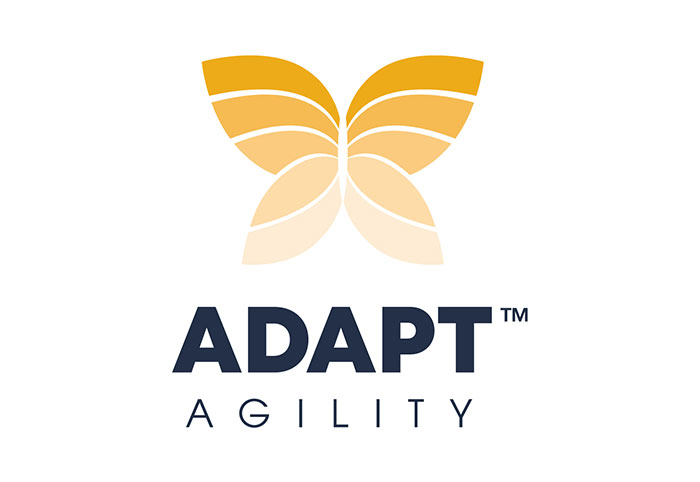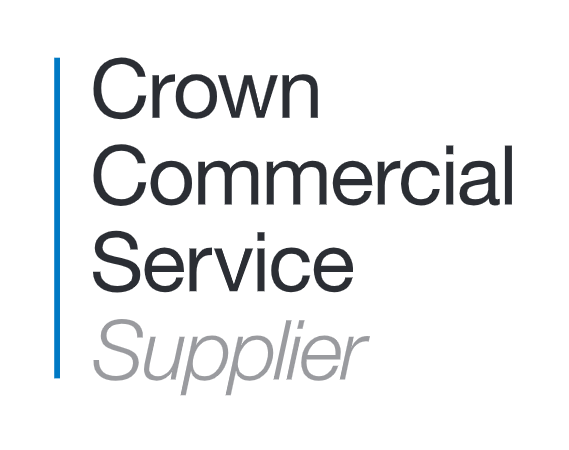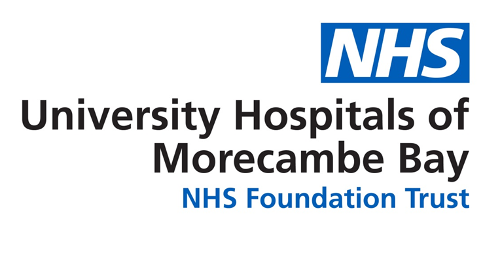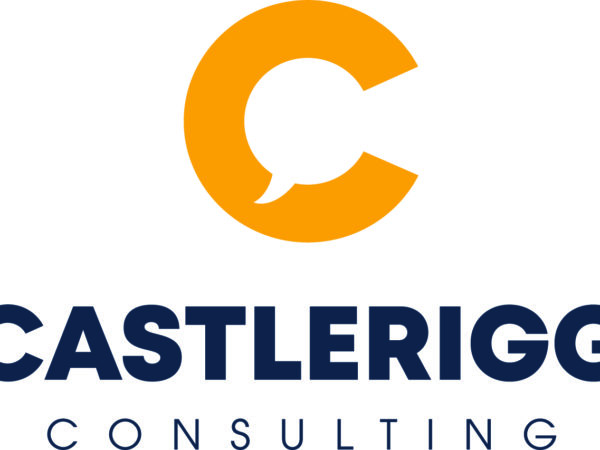
Castlerigg have been commissioned to implement an innovative and unique new operating model for local government across East Renfrewshire Council’s Environment Department.
Based on Castlerigg’s innovation, experience, and proven approach, we are working with the department’s management team to implement a new integrated, adaptive operating model. This model will remove vertical silos, create genuine cross-functional integration and shift the balance of resource towards prevention in a unique combination of new capabilities (digital, agile, customer need) which Castlerigg have perfected over the last eight years).
Under the leadership of the department, Castlerigg’s unique holistic service design approach will enable the department to build all services from first principles to achieve the new overarching operating model. Our approach is an information driven one, where we design in the new information requirements of the department (strategic /managerial /operational). We are creating end to end digital processes both within the traditional ‘vertical’ functions, and at the same time across virtual teams in the department, to drive integration and transform prevention work within the department.
This will be much more than simply ‘digitising’ existing processes, overlaying technology or making bad processes bearable. It provides a unique opportunity to reconfigure management and supervisory levels, simplify structures across the department and maximise the integration of services. It will also design in greater strategic flexibility to respond to the fluid environment local government faces.
A range of benefits will be delivered over the next two years across all departmental services, including:
- Achievement of the council’s agreed ‘five capabilities’ and increased senior management change capacity
- Achievement of economies of scale by developing new capabilities once and sharing across the department
- Improved departmental commissioning capability to explore the most appropriate delivery models now and into the future
- Achieve more commercially focused commissioning and procurement activities to increase value for money from all suppliers
- Improved supplier management, and potential supplier rationalisation, through a streamlined procurement and commissioning approach
- Increased flexibility of the departmental workforce through removal of artificial barriers to collaboration
- Improved demand management for services through improved integrated working across the department
- Income generation maximised as part of a department-wide approach
- Increased efficiency through improved operational productivity
- Improved outcomes by creating fewer strategies which provide more clarity on services to be commissioned and changes required
- Improved strategic and customer insight and better business intelligence to inform decision making across the department
All services will undergo strategic reviews to inform their re-commissioning. New services will be designed against new commissioning specifications (people, processes, technology, information) and a new cost model to achieve at least 20% savings across the departmental spend. The purpose is to protect front line service delivery by fundamentally modernising service delivery and removing activity which is now not adding value to operations.
It will involve separating strategy (including procurement, commissioning, business intelligence, policy) from operations to provide the flexibility to drive out a new, multi-sourced delivery model. It will also see the reconfiguration of management and supervisory levels and flattening of structures. Managers and supervisors will now not need to be as heavily involved in scheduling, authorisations, case/work allocation where business rules will allow us either automate or remove these activities, through service redesign (that includes the deployment of a digital platform). Empowering staff will be key – with clearer role remits and new ways of working built into service design.
The pace of change will demonstrate that it doesn’t have to take 5 years plus to transform service delivery if its driven out, well co-ordinated and owned.
For more information on how we could help your organisation transform please call Lorna Holroyd on 0779 4335392 or e-mail us on info@castleriggconsulting.co.uk



